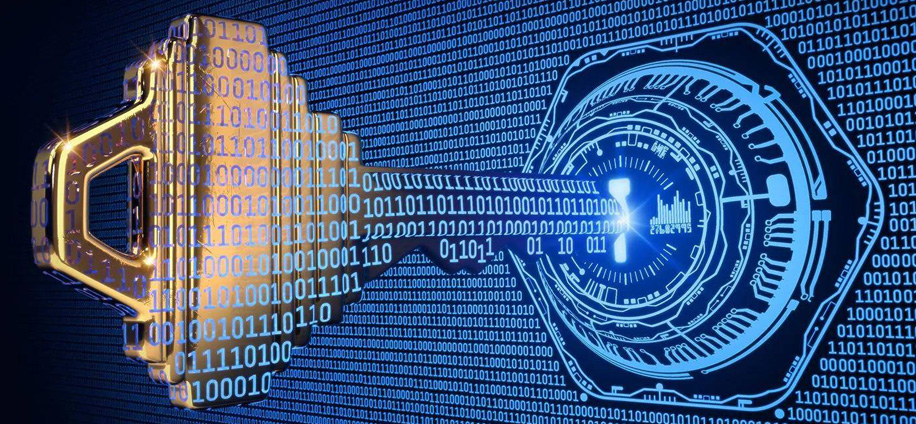
While the dark web is often associated with illegal activities, it also serves as a platform for charitable initiatives, anonymous giving, and humanitarian efforts. Despite its reputation, the anonymity provided by the Tor network allows people to support causes without fear of government censorship, surveillance, or retaliation. From anonymous donations to whistleblower protection, the dark web has been used for many acts of kindness and social good.
One of the most notable positive uses of the dark web is anonymous charitable giving. Many individuals use Bitcoin and Monero to donate to charities while keeping their identities hidden. Some people prefer this approach because it prevents governments or corporations from tracking their donations, while others do so to protect their privacy in politically sensitive regions.
In some cases, dark web activists have also helped circumvent financial restrictions, allowing donations to reach countries where traditional aid is blocked due to sanctions or political conflicts.
The dark web is a crucial tool for whistleblowers and investigative journalists who expose corruption, human rights violations, and unethical government activities. Platforms like SecureDrop allow insiders to leak sensitive information without revealing their identities.
By ensuring freedom of speech and press, the dark web plays a significant role in holding those in power accountable.
Many dark web communities are dedicated to sharing free educational resources that are often hidden behind paywalls on the surface web. Some of these resources include:
Some organizations also use the dark web to provide free online courses on important topics like privacy rights, digital security, and censorship resistance. These resources are especially helpful in countries where education is heavily restricted or where access to information is limited by government firewalls.
The dark web serves as a safe haven for activists fighting against oppressive governments. In many authoritarian countries, activists face arrest or violence for speaking out against injustices. To avoid persecution, they use encrypted chat services, secure forums, and anonymous websites on the dark web.
Many activists in countries like China, Iran, Russia, and North Korea use the dark web to bypass government censorship and connect with global human rights organizations.
Survivors of domestic abuse and human trafficking sometimes use the dark web to find safe spaces where they can seek legal assistance, financial aid, and emotional support. Some forums provide emergency escape plans, housing assistance, and survival strategies for victims in dangerous situations.
Certain organizations operate hidden shelters and support networks to help individuals escape abusive environments without being tracked by abusers or law enforcement in corrupt regions.
Privacy-focused developers use the dark web to create tools that protect everyday users from cyber threats. Some projects include:
Many of these privacy tools later become mainstream, helping millions of internet users safeguard their data against hackers, corporations, and government surveillance.
Several anonymous dark web forums provide mental health support for individuals struggling with depression, anxiety, or suicidal thoughts. These forums are designed for users who fear judgment or stigma on the surface web.
Unlike traditional mental health forums, these communities allow people to seek help without revealing their identities, reducing the fear of being exposed.
There have been cases where dark web communities have pooled together funds to help people in need. These initiatives include:
In some cases, anonymous donors have directly transferred cryptocurrencies to people struggling financially.
While the dark web is often associated with crime, it is also a powerful tool for good. From charitable donations and whistleblower protection to mental health support and privacy advocacy, many individuals and organizations use it to help others anonymously.
By enabling secure communication, bypassing censorship, and providing financial aid, the dark web continues to be a lifeline for those in need, proving that even the darkest corners of the internet can be used for positive change.
